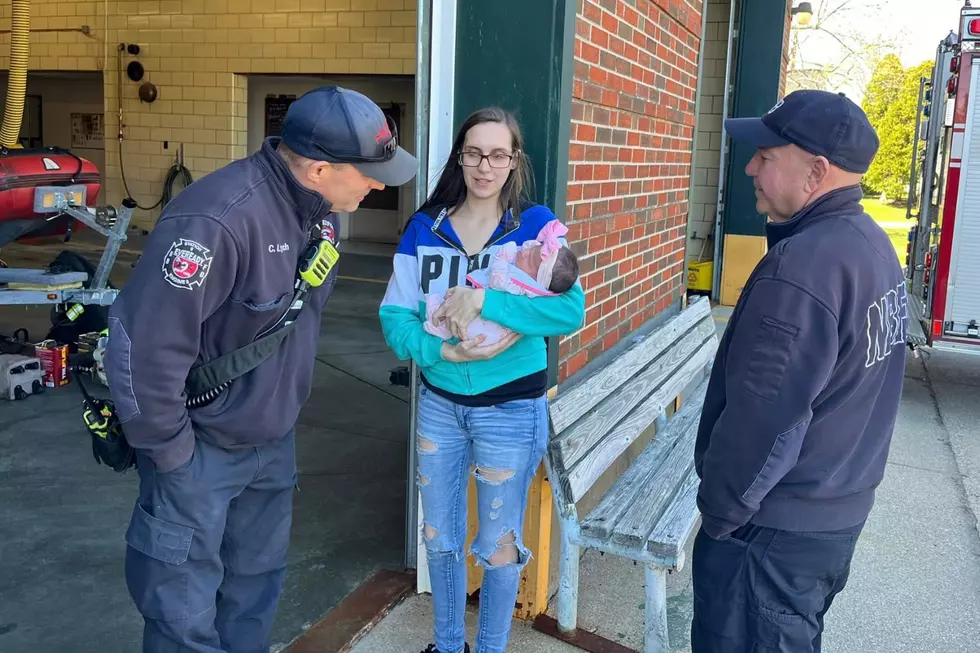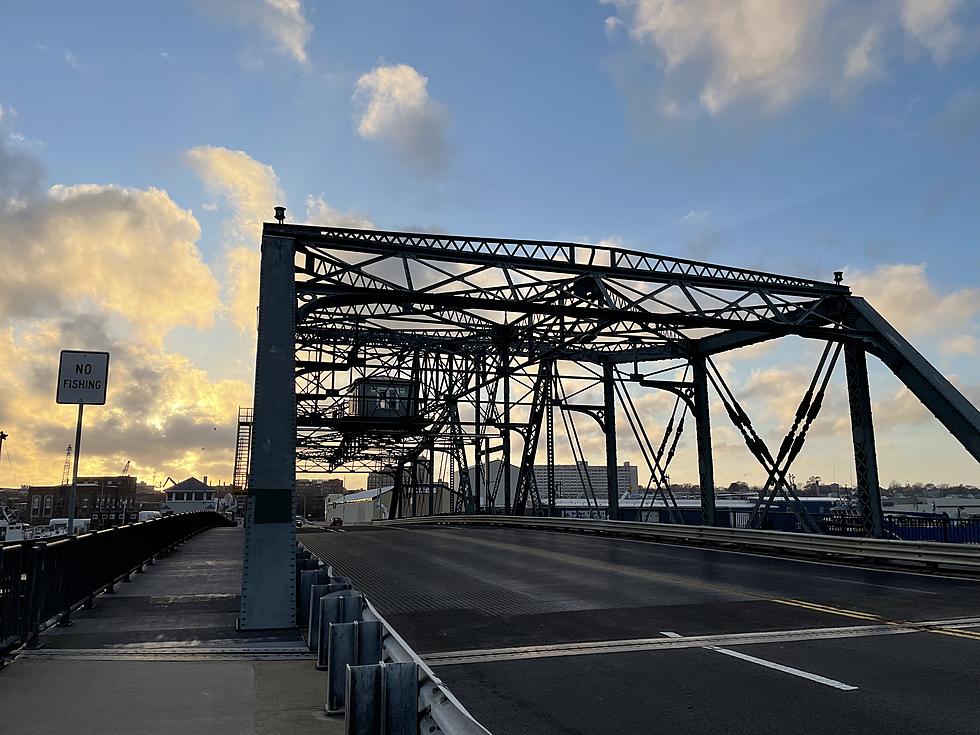
Providence and New Bedford Zoos Preparing For Potential Bird Flu Infections
Since February, the Highly Pathogenic Avian Influenza (HPAI) has been appearing in both wild birds and captive flocks along the East Coast. This deadly disease in birds has been closely monitored by numerous state and federal agencies. Now local zoos are making adjustments to protect the animals in their care.
Last season's bird flu caused many local bird watchers to take down backyard feeders, but this season HPAI is changing which animals you can expect to see at your favorite local zoo.
Both Buttonwood Park Zoo in New Bedford and Roger Williams Park Zoo in Providence recently decided it was time to take their most at-risk animals off exhibit to keep them safe during the remainder of migration season.

Corrie Ignagni, manager of digital communications at Roger Williams in Providence, informed us that no public statement has been made yet, "but our animal care team has been taking careful steps to ensure all our animals remain healthy and our top priority."
She also shared with us a statement from the zoo's lead veterinarian Dr. Kim Wojick:
As you may have seen in the news, Highly Pathogenic Avian Influenza (HPAI) has been found in many wild birds and captive flocks along the east coast. This is a disease that we have been tracking closely, and have a response plan in place. At this time infected birds have not been identified in Rhode Island, but the virus may likely be circulating in wild birds here. There have been infected wild birds in all of our neighboring states, and infections in backyard poultry flocks in New York and Maine.
Due to the proximity of the virus, and risks to our collection animals, we are implementing parts of our HPAI response plan in conjunction with recommendations from our state veterinarian. This includes: moving our most susceptible species of birds (chickens, turkey, peacock, and raptor species) off exhibit to indoor or fully meshed enclosures; increased sanitary measures and protocols; the continued use of facemasks worn around all animal species; reporting any wild birds or animal collection birds showing signs of illness directly to veterinary staff.
The status of this disease in our area is always changing, so recommendations may change depending on where the disease is found, and recommendations from state and federal officials. We hope that the cases will significantly decrease after spring migration has passed."
Buttonwood took to Facebook this week to release a similar statement to guests who may wonder where some of their favorite animals were or why the duck feeders were no longer there.
Last week, Franklin Park Zoo in Boston and Stone Zoo in Stoneham made the same tough decisions with their bird exhibits, while Southwick's Zoo in Mendon remains closed until early April.
20 Things To See at Roger Williams Park (Other Than the Zoo)
More From WFHN-FM/FUN 107









